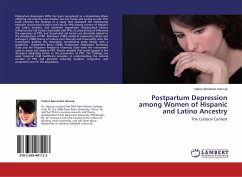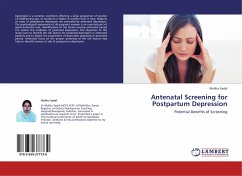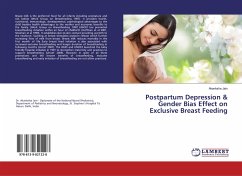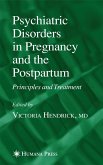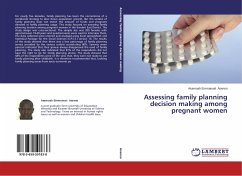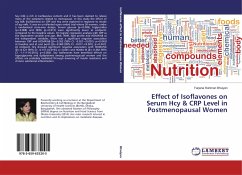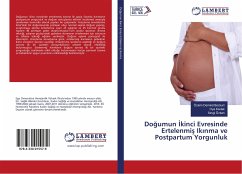Postpartum depression (PPD) has been recognized as a devastating illness affecting not only the new mother, but her family and society as well. This book presents the findings of a study that examined the relationship between sociocultural factors and risks for PPD among women of Hispanic and Latino ancestry, and examined hypotheses 1)sociocultual factors influences the risk factors associated with PPD; 2) cultural factors influences the expression of PPD, and 3) perinatal risk factors are directedly related to the development of PPD. Kleinmans (1985) model of explanatory illness and Leininger's (1996) theory of Culture Care Diversity and Universality were the frameworks guiding this descriptive correlational study design with a qualitative component. Beck's (2000) Postpartum Depression Screening Scale and the Pospartm Predictors Inventory Scale were the instruemtns used to assess and measure PPD. Results revealed that social support is the strongest mitigating factor in the prevention of PPD. The findings can assist maternal child healthcare providers in understanding the cultural context of PPD and promote culturally sensitive, congruent, and competent care for this population.
Bitte wählen Sie Ihr Anliegen aus.
Rechnungen
Retourenschein anfordern
Bestellstatus
Storno

